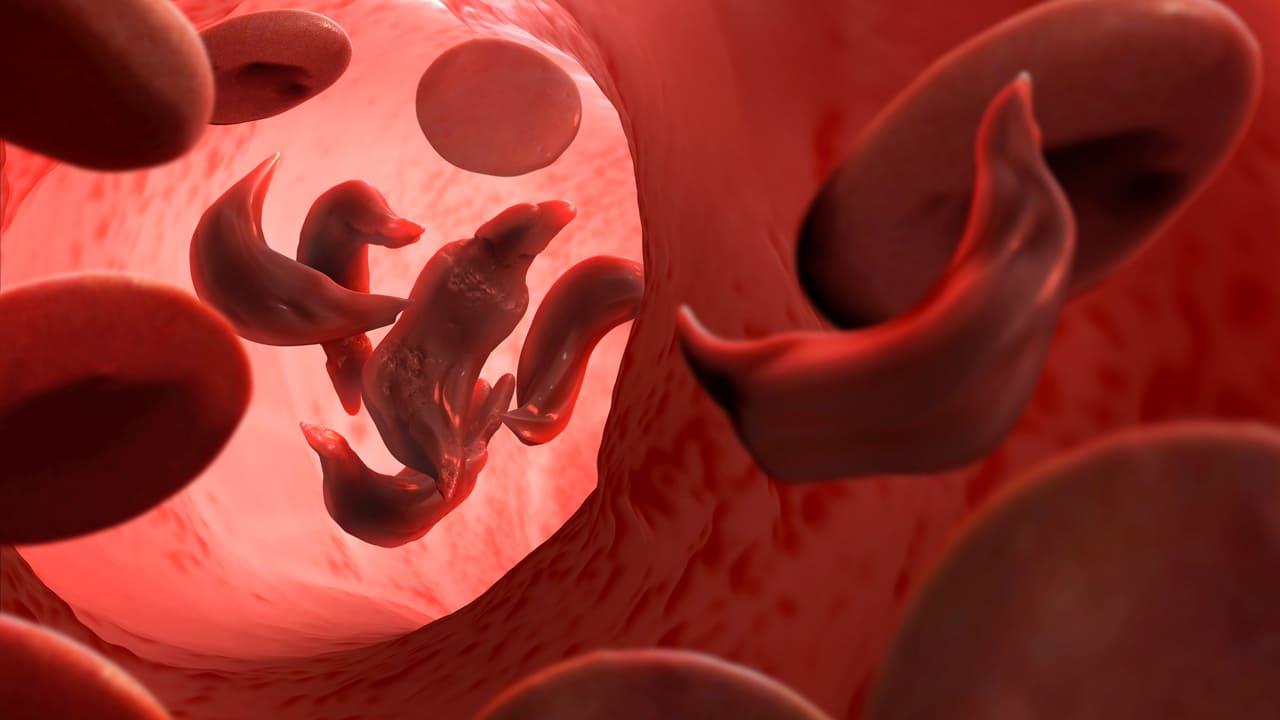KEY TAKEAWAYS
- The LEANOX phase II trial aimed to determine if LBM-based Ox dosing reduces OIPN.
- The primary endpoint was to determine OIPN.
- Lean-body mass-based dosing significantly reduced OIPN without affecting RFS or OS.
FOLFOX or CAPOX-based adjuvant chemotherapy is the standard treatment for operable stage III colorectal cancer (CRC), but a significant side effect is neurotoxicity. Previous research identified higher toxicity in patients receiving more than 3.09 mg of oxaliplatin (Ox) per kilogram of lean body mass (LBM).
Eric Assenat and the team aimed to evaluate whether administering Ox-based on LBM could reduce the incidence and severity of Ox-induced peripheral neurotoxicity (OIPN).
The study included patients with CRC eligible for adjuvant Ox chemotherapy. Group 1 received a body surface area (BSA)-based Ox dose (85 mg/m²). Patients with reduced LBM were randomized (1:1) to either a BSA-based Ox dose (Group 2) or an LBM-based dose (3.09 mg/kg LBM) (Group 3).
The primary goal was to assess the percentage of patients without grade ≥2 OIPN during the initial 6 treatment cycles. A total of 108 randomized patients were needed to compare groups 2 and 3, with a 2-sided α of 0.05 and 80% power.
The results showed that among 160 patients (median age: 63, 52.5% male, 89.3% ECOG 0), 33 were in group 1, 64 were in group 2, and 63 were in group 3. The tumor stage was pT3 (57.5%), pT4 (33.8%), pN1 (60.6%), and pN2 (38.1%).
Around 67.2% of patients in group 3 avoided grade ≥2 OIPN during the first 6 cycles, compared to 42.1% in group 2 (P=0.01). Group 3 showed better OIPN-free survival (HR 0.53, [0.34-0.84] P=0.01), longer time to grade ≥2 OIPN (P=0.006), and tolerated a higher cumulative Ox dosage without OIPN (P=0.044) alongside higher Ox dose reductions (P<0.001).
The duration of grade ≥2 OIPN and OIPN-related treatment interruptions was similar between groups (P=0.908). After 38.6 months, both groups had similar relapse-free survival (RFS) (HR 1.05, P=0.88) and OS (HR 1.20, P=0.77). Group 3 showed significantly better neurotoxicity scores.
The study concluded that administering Ox-based treatment using an LBM-based Ox dose in the adjuvant setting significantly reduces OIPN and enhances the quality of life without adversely affecting RFS or OS.
The trial was sponsored by Institut du Cancer de Montpellier – Val d’Aurelle and funded by the French Ministry of Health and the National Institute of Cancer.
Source: https://cslide.ctimeetingtech.com/esmo2024/attendee/confcal/show/session/116
Clinical Trial: https://clinicaltrials.gov/study/NCT03255434
Assenat E, Abdelghani MB, Gourgou S, et al. (2024). “Impact of lean body mass-based oxaliplatin dosage on neurotoxicity in adjuvant treatment of stage III colorectal cancer: Final results of the phase II randomized multicenter LEANOX trial,” Presented at ESMO 2024 (Abstract 507O)



